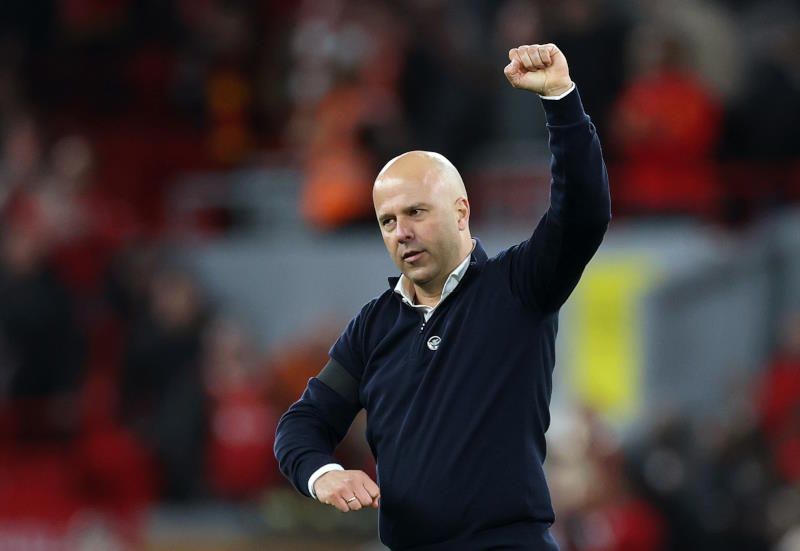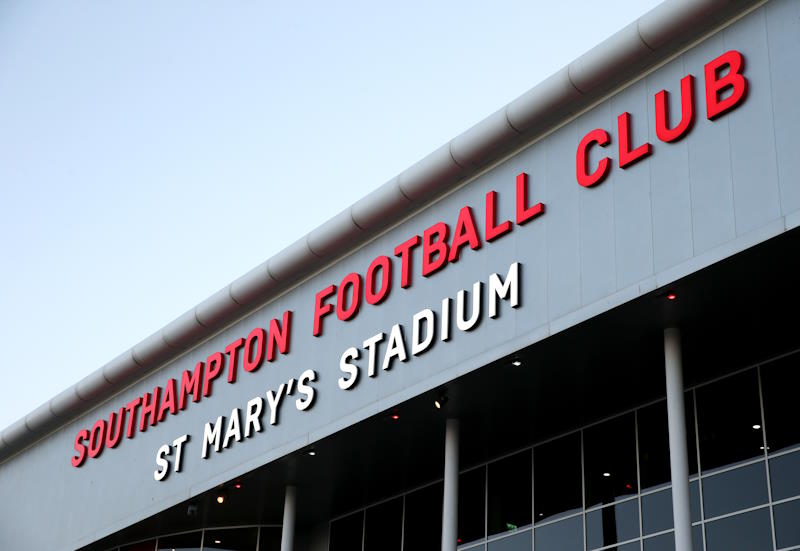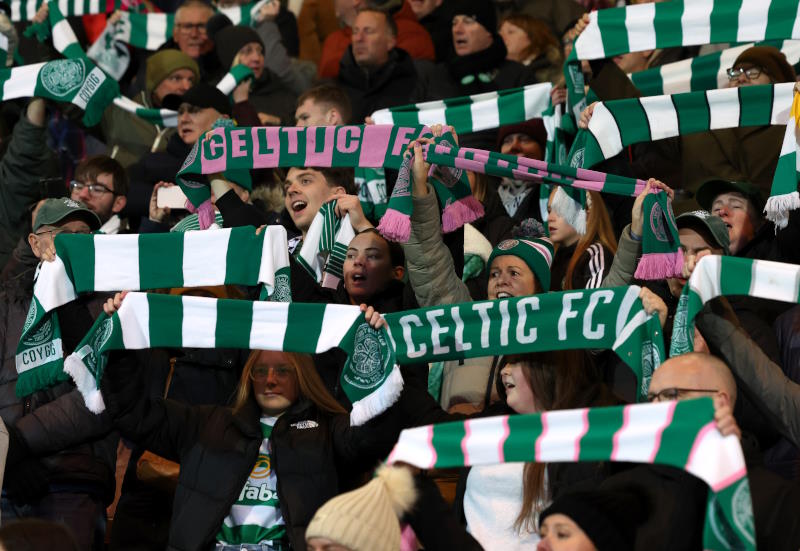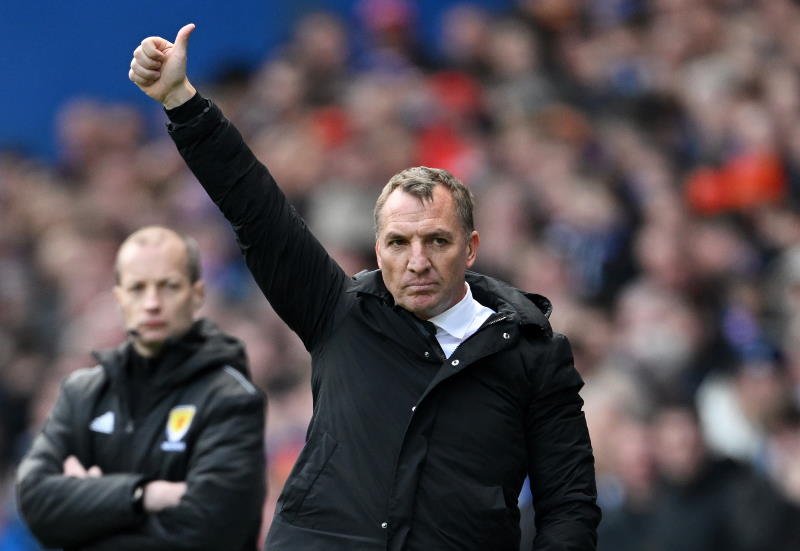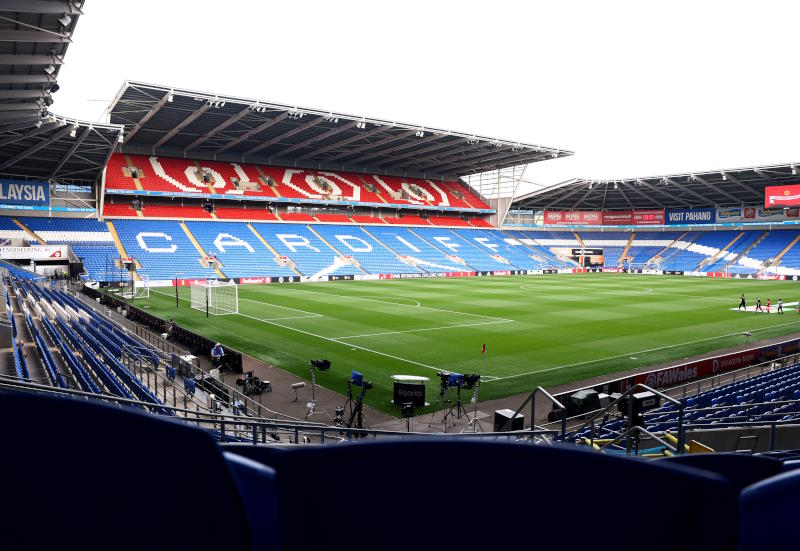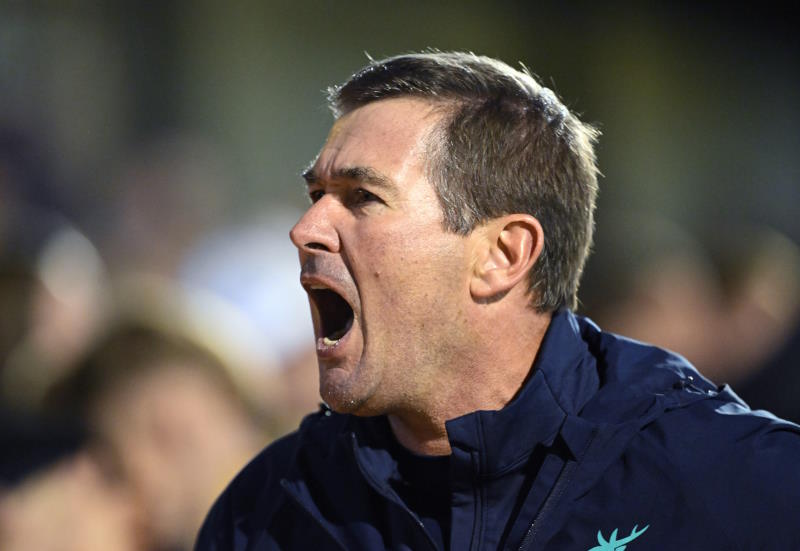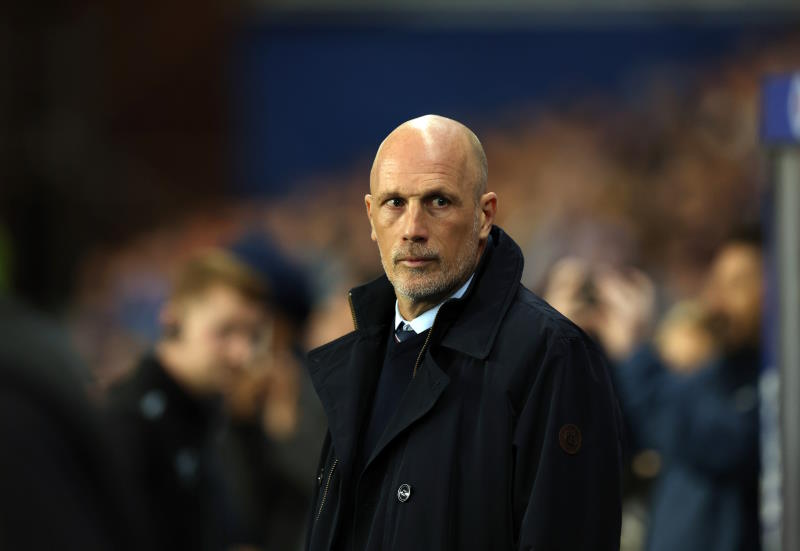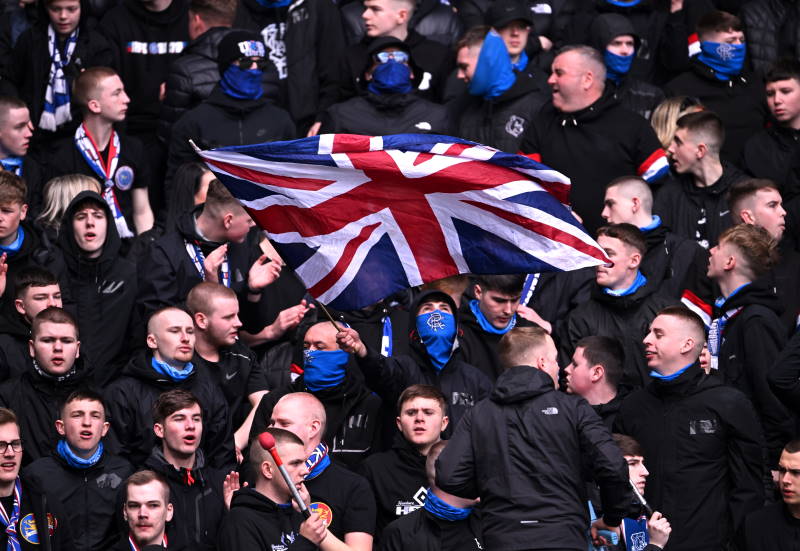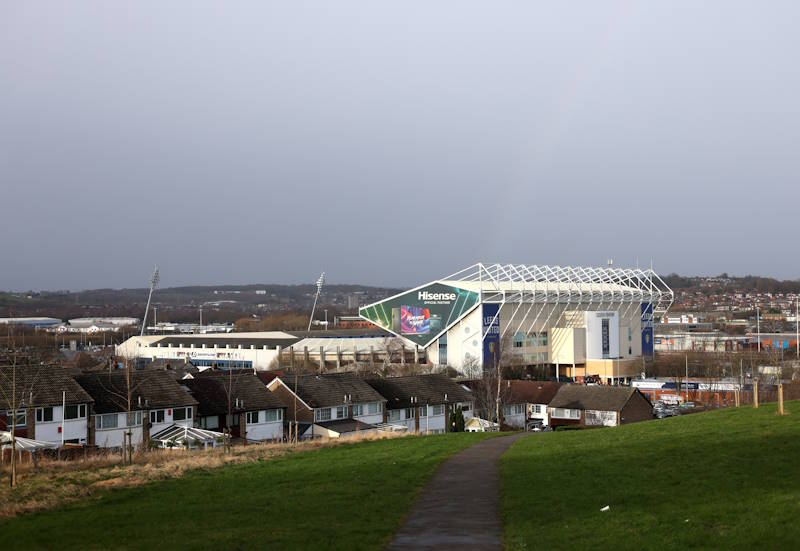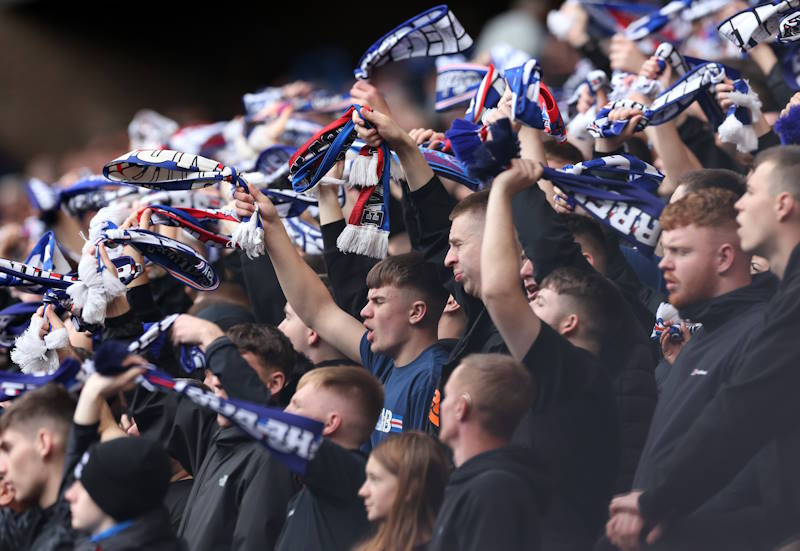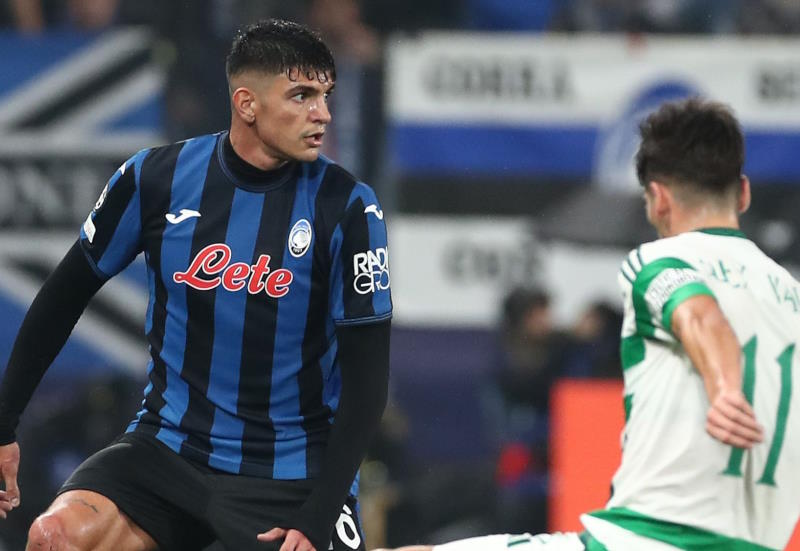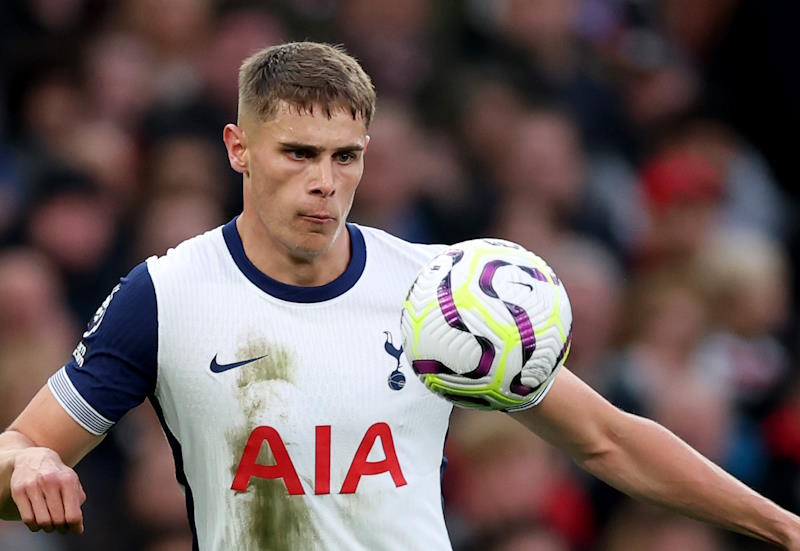
Whatever football philosophy people choose to believe in, exists one irrefutable, yet controversial fact, and that is that some football stars are born, not made. While it takes some years and years to perfect their skills and truly master the spherical object, more fortunate others are born with the intrinsic ability to do a salsa dance with the ball. Pele was one, Zinedine Zidane was another. Today Lionel Messi, Cristiano Ronaldo, and Robinho are too.
After helping Santos to two Campeonato Brasileiros, Robson de Souza, known to the masses as Robinho, established himself as Brazil’s newest gem. Armed with outstanding ball technique and pace, it wasn’t long before Europe’s big guns were running regular tabs on the Sao Paolo youngster. Soon, the kidnapping of Robinho’s mother pushed her son to hand in a transfer request, and after much fanfare, he was shipped to Real Madrid as Los Blancos agreed to pay Santos €24M, 60% of his buy-out clause.
Three seasons later, Robinho’s Spanish stay turned sour, and he was subsequently sent to Manchester City in the closing hours of the 2008 summer transfer window. A year and a half later, Robinho is coming back home to Santos, which leads to the question: Was Robinho ever great? Most of all, can he rediscover his form at his boyhood club in time for this year’s World Cup?
Categorising terms are loosely used these days. Back in the days, George Best was great. Alfredo di Stefano was great. Diego Maradona was probably the all-time great, and it looks likely he will continue to hold this accolade for the near future.
Is Robinho great? At just 26 years of age, and with a measly trophy case to show for it, Robinho is just not there yet. It is true that many past footballers, who were marked by their peers as elite players, never won any major silverware, but they made sure that their football did the talking, something that Robinho has failed to do on a regular basis. However, no two people differ in affirming that Robinho is certainly a talented individual. Arriving in the summer of 2005 in Madrid, the samba star was supposed to make the transition from “promising” to “great”, and for a good deal of time, he succeeded in doing so.
His first season at Real Madrid started brilliantly for a toddler landing from South America, with eight league goals in 37 league appearances. During his second and third season in Spain, Robinho picked up his game, as he helped the La Liga giants to back-to-back league titles. His performances in the early part of his last year in a white shirt made him one of the favoured Ballon d’Or nominees.
Nonetheless, club president Ramon Calderon did little to quench Robinho’s doubts over his future, as the ex-Madrid mogul did not rush to renew the Brazilian’s contract, having his eyes locked on Portugal’s Cristiano Ronaldo. In the end, neither ended up playing for Los Merengues as Robinho handed in a transfer request. With an apparent deal with Chelsea all but set – they even printed shirts with his name on the back – Manchester City intervened with a British record fee of £32.5M.
Over in England, the Brazilian forward started his Eastlands career in amazing fashion, scoring the sole goal in his team’s 3-1 defeat to Chelsea. Robinho ended that season with 14 goals, making him City’s top scorer. His good start as a Citizen wasn’t critic-free though, as pundits blasted him for his alleged poor form in away games. With more star players landing at the newly rich club, a first-team berth was growing into a rarity for Robinho, and six months into his second season, he has returned to Brazil with Santos, initially on loan.
It would be criminal to underestimate Robinho. In both Madrid and Manchester, the Brazilian showed the necessary skills and composure to tussle with the big boys. In fact, his performances have often been worthy of praise and recognition.
Yet, one of the key factors behind the Seleccao player’s hard luck in Europe is the fact that Robinho works best when he’s the orchestrator of the team: Lost in the midst of the Zidanes and Ronaldos, the step-over master practically no-showed. When the Real Madrid Galacticos started getting rarer during Ramon Calderon’s reign, Robinho displayed true moments of brilliance. But with talk of Cristiano Ronaldo, Kaka, and Cesc Fabregas resurfacing at the Bernabeu every now and then, Robinho found out that he could be the best in the world at a team comprising the best in the world.
This is the similar to the situation that occurred at Manchester City: With the Arab-fuelled Citizens employing the same philosophy of bringing in the best players, Robinho’s spark at City diminished when the likes of Carlos Tevez, Emmanuel Adebayor, Gareth Barry and Joleon Lescott all landed at the City of Manchester Stadium.
Robinho’s poor form for the English side this season – just four appearances in the first half of the campaign – meant that he was in dire need of rejuvenation. At Santos, he can go back to being the team’s focal point, passing his experience on to future stars such as Neymar. It could also be the much needed spell that earns him a ticket to Dunga’s Brazilian World Cup squad.
Generally, Robinho has so far failed to live up to his hype at two European clubs. However, a rehab spell might just be what he needs, just like compatriots Adriano and Ronaldo, who both returned home when their careers seemed to have stalled.
For Robinho however, the true and final test will remain upon his return back to the Old Continent. Should he fail to get bite at his detractors, then his name will be amongst those who history books seem to have forgotten, despite being born with extraordinary talent.
Related Articles:
- – The Serbian Who Shone in Brazil: Dejan Petkovic
- – Looking Back on Decade of Ballon d’Or Winners
- – Flamengo End 17 Years of Title Famine in Brazil
Photo courtest: cpozo

